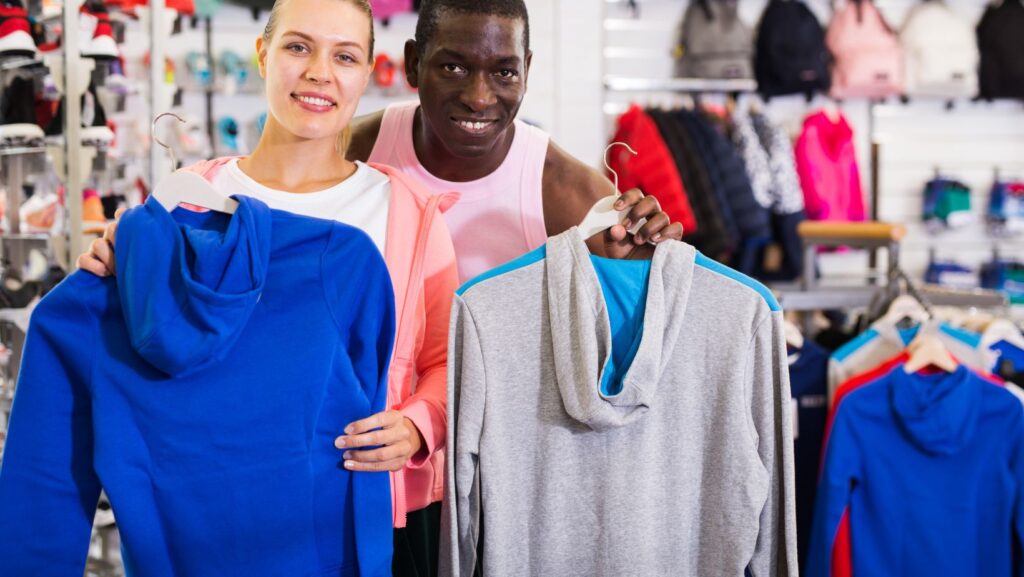Sporting Goods Manufacturers
The sporting goods industry plays a vital role in the global economy, contributing to employment, innovation, and technological advances. Key players include well-known brands like Nike, Adidas, and Under Armour. This sector encompasses a wide range of products, such as sports equipment, clothing, and footwear, catering to various sports and activities.
According to Statista, the global sporting goods market reached over $180 billion in 2022. North America and Europe lead in sales, with rising markets in Asia-Pacific. Diverse consumer preferences drive demand for products in categories like team sports, outdoor activities, and personal fitness. Technological integration enhances product offerings. Smartwear, advanced materials, and custom designs meet athlete and consumer needs. Companies focus on sustainability, adopting eco-friendly materials and processes. Reduced waste and carbon footprints align with increased environmental awareness.
Innovation remains a cornerstone. New product developments and tech advancements, like AI-driven performance analytics and 3D printing, shape the industry. Competitive dynamics push manufacturers to differentiate and optimize supply chains and distribution.
Leading Sporting Goods Manufacturers
Several companies dominate the global sporting goods landscape, continually pushing boundaries with design and technology innovations. Among these, Nike Inc., Adidas AG, and VF Corporation stand out. Nike Inc. has been at the forefront of the sporting goods industry, renowned for its cutting-edge designs and marketing prowess. Based in Beaverton, Oregon, Nike offers a wide range of products, including footwear, apparel, and sports equipment. Its innovations, such as Flyknit and Vaporfly technologies, have revolutionized athletic performance. The brand’s commitment to sustainability includes using recycled materials in its Flyleather and Space Hippie lines, reinforcing its dedication to environmental responsibility.
Adidas AG, headquartered in Herzogenaurach, Germany, is a leading sporting goods manufacturer known for its durable and stylish products. Its popular lines, such as Yeezy and Ultraboost, have set trends in sports fashion. Adidas prioritizes sustainability through initiatives like the Parley ocean plastic partnership, which transforms ocean waste into sportswear. The company’s focus on digital growth and e-commerce platforms enhances consumer engagement and expands its market reach.
VF Corporation, based in Denver, Colorado, holds a significant position in the sporting goods market through its diverse brand portfolio, including The North Face, Vans, and Timberland. These brands offer innovative and high-quality outdoor and lifestyle products. VF Corporation commits to sustainability with efforts to reduce carbon emissions and implement circular economy models. Its comprehensive approach to design and sustainability positions it as a leader in both the outdoor and athletic segments.
Criteria For Evaluating Manufacturers
Evaluating sporting goods manufacturers involves assessing various factors that influence their reputation and market success. Key criteria include their approach to innovation and technology, environmental impact, and customer satisfaction. Manufacturers at the forefront of the sporting goods industry harness cutting-edge technology to enhance product performance. This includes integrating smartwear for real-time biometric tracking and utilizing AI-driven analytics to improve design efficiency. Firms that excel in innovation often lead market trends and set standards for product quality and functionality.
Leading manufacturers prioritize sustainability, using eco-friendly materials and implementing green practices. Companies like Adidas transform ocean waste into apparel, while others use recycled materials and renewable energy in production. A manufacturer’s commitment to environmental responsibility can influence consumer preference and long-term brand loyalty.
Customer satisfaction remains crucial for manufacturers. High-quality products, responsive customer service, and positive experiences contribute to brand reputation. Feedback mechanisms and product warranties strengthen consumer trust and encourage repeat business. A manufacturer that consistently meets or exceeds expectations often solidifies its place in the competitive sporting goods market.
Sporting goods manufacturers are at the forefront of a rapidly evolving industry that blends innovation with sustainability. As they continue to push technological boundaries and address environmental concerns, these companies play a pivotal role in shaping the future of sports and fitness. The focus on eco-friendly materials and advanced product offerings not only meets the demands of modern consumers but also sets new standards for the industry. Despite facing challenges like supply chain disruptions and rising material costs, manufacturers are adapting by prioritizing customization and embracing e-commerce. The ongoing commitment to innovation and sustainability ensures that sporting goods manufacturers remain integral to nurturing athletic talent and promoting healthier lifestyles worldwide.

